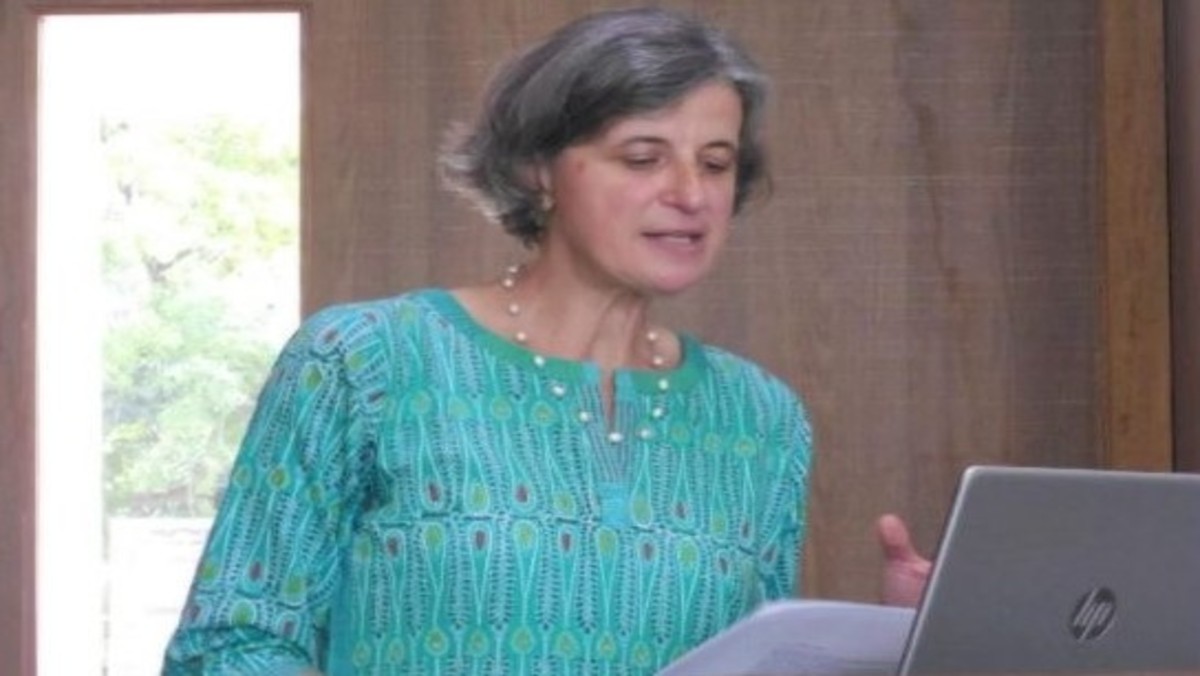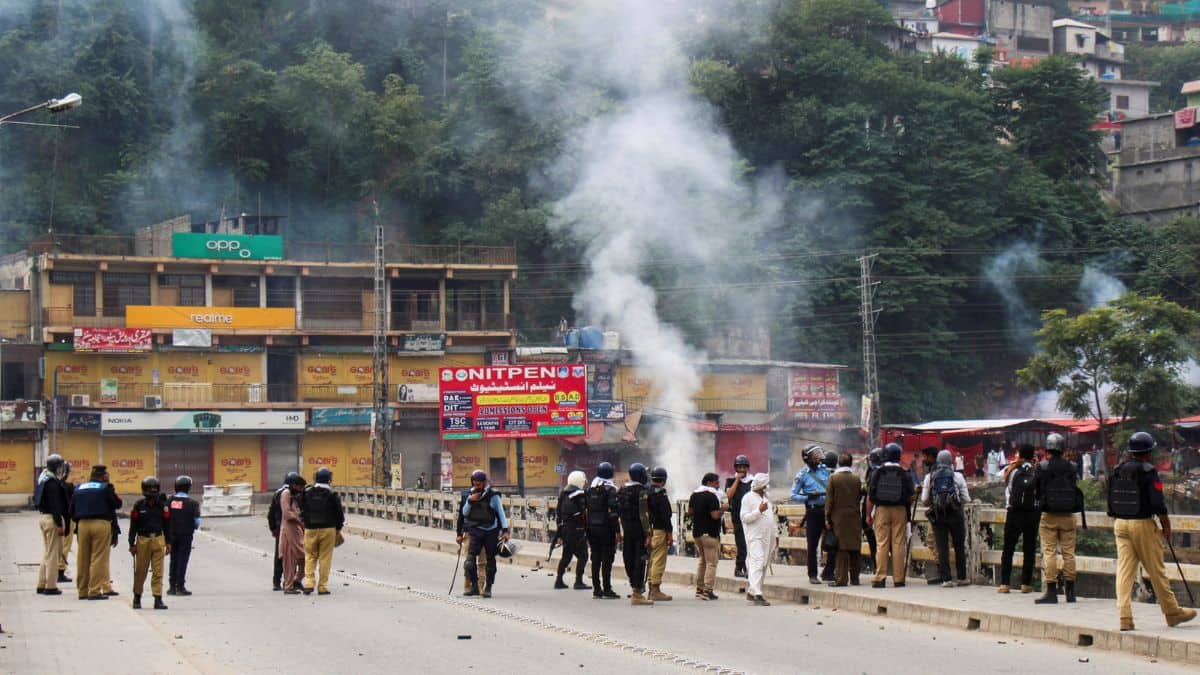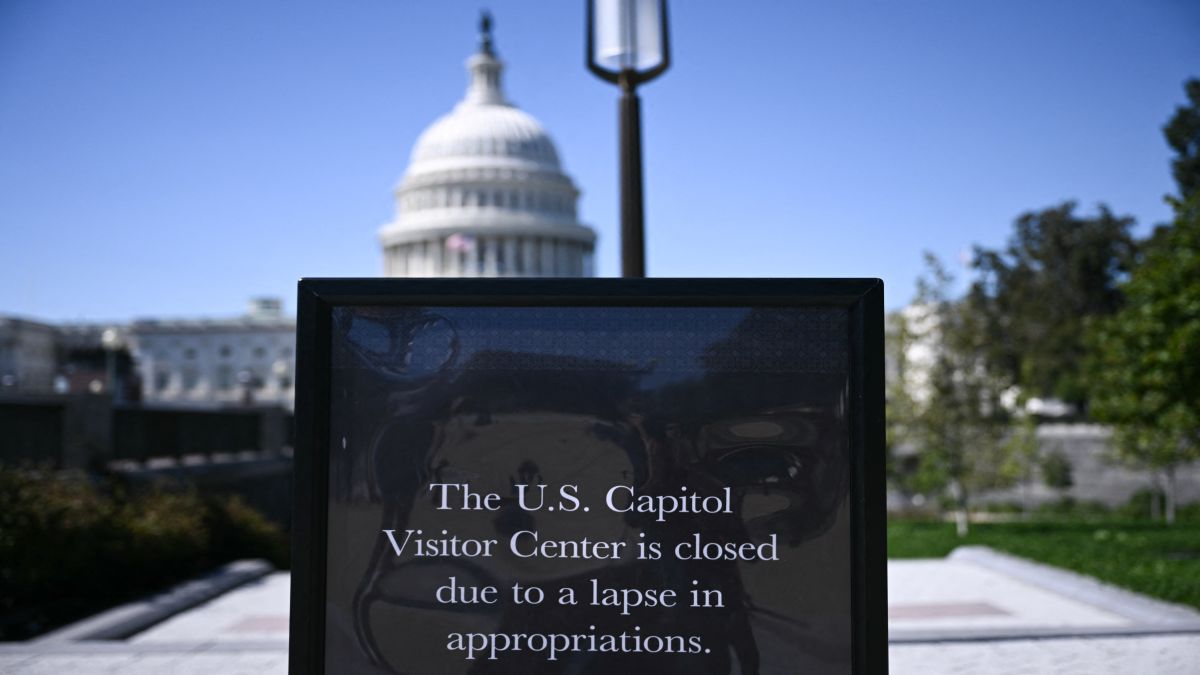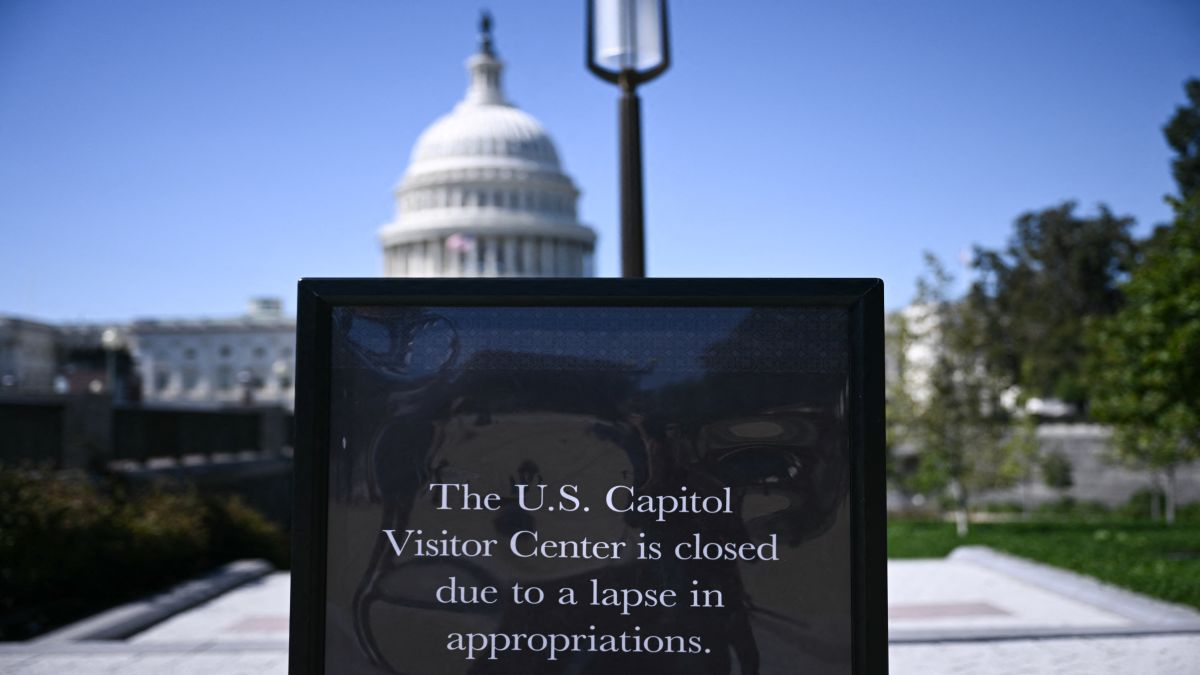In 1998, Jaswant Singh wrote one of the fiercest defences of India’s choice of acquiring nuclear weapons with an essay called ‘Against Nuclear Apartheid’. The time has come to focus on a different—but no less problematic—apartheid.
India has endured a long history of scholastic apartheid, especially in the humanities. The term “scholastic apartheid” here refers to the entrenched and systematic cultural and institutional barriers that have long prevented Indian or non-Western scholars from critically engaging, on equal terms, with the West and its intellectual traditions. Western, especially White, scholars, on the other hand, are not only permitted but encouraged to dissect, critique, and even deride Indian society, civilisation, religion, and history.
It is impossible to ignore that Western scholars—overwhelmingly White—have exercised an unrestrained entitlement to interpret, categorise, and often diminish Indian culture, religion, and society with little pushback from Indian institutions themselves. These analyses, interpretations, and often prejudiced criticisms not only gain currency within the academy and mainstream media in the West but are frequently internalised by Indian intellectuals and the broader Indian public, who often lap up Western validation with scant scepticism.
At the same time, no Indian scholar—no matter how credentialed, nuanced, or deeply trained in the Western humanities—has ever been afforded a comparable footing to turn the gaze on Western civilisation. While the Indian academy is populated by numerous ‘experts’ on the West who largely parrot or celebrate Western thought, rarely do critical studies produced in India or by Indians elsewhere, particularly those that challenge fundamental Western narratives, get any meaningful hearing or space in Western institutions, media, or discourse networks.
This asymmetry is not simply a matter of academic preference. It is rooted in deeper epistemic and institutional racism and the continued coloniality of Western academia.
Impact Shorts
More ShortsFor instance, any German historian working on Indian topics is treated with a presumed authority and seriousness by institutions in both Germany and India, but if an Indian historian proposes to research, say, the Protestant Reformation or the intellectual legacy of the Enlightenment from a critical Indic perspective, they are met with cold indifference, suspicion, or even ridicule.
Such work is seldom, if ever, funded, published, or incorporated into major Western scholarly discourse. One of the most powerful critiques by Indian scholars of German Indology and its profound biases, Vishwa Adluri and Joydeep Bagchee’s The Nay Science: A History of German Indology (2014) received little attention, and mostly derision, from the Western academic world. Sadly, it is so complicit in the Indian system in such neglect that it never got much attention even from Indian institutions.
Imagine, for a moment, an Indian academic proposing a deep, critical study of the enduring racial caste system in the United States, not as a sympathetic outsider, but as a critical analyst pointing out the systemic failures and foundational hypocrisies of its democracy. Imagine a researcher from Delhi securing a major grant to study the role of French laïcité as an instrument of state-sponsored anti-religious hegemony, particularly against its minority populations. Imagine a team from Mumbai or Kolkata publishing a definitive, critical ethnography of the British class system, exposing its role in perpetuating social immobility and political dysfunction.
Where would such a scholar publish? Which major Western university press would champion this work? Which mainstream media outlet, from The New York Times to The Guardian, would grant it a serious, respectful review, let alone a celebratory feature? The answer is self-evident.
Such work would be marginalised from the beginning. It would be dismissed as “biased”, “polemical”, “un-rigorous”, or “lacking in theoretical grounding”—a coded phrase meaning it does not originate from or pay sufficient fealty to the established Western theoretical canon. The non-White scholar is permitted to speak, but only as a “native informant”, providing raw data about their own exotic society. They are never, ever accepted as a peer, a theorist, or a critic with the standing to analyse the analyst.
One cannot, therefore, treat questions like, “Which Western scholar has been denied access to India?” as if this is an equivalent dilemma. It is in fact a deflection—a refusal to confront the deeply embedded structure of global knowledge production, which is predicated on the assumption that Western civilisation is the universal norm, and everything else is an object of study, not a subject with agency.
The phenomenon has a long history. From the early colonial period, British administrators and Orientalists set themselves up as intellectual “trustees” of Indian civilisation, pronouncing on the nature of Indian society, translating and systematically reinterpreting Indian texts, and mapping them onto a Western meta-narrative. Indian voices—literate, nuanced, and deeply engaged with their own historical experience—were either co-opted or sidelined entirely. Today, the small bunch of academically well-known Indian names in the Western academy almost always focus their critical gaze on India and rarely, if ever, on their adopted societies and cultures.
It is therefore disingenuous to only focus on which (of the very few) Westerners are denied access to India when the deeper and more damaging problem is the persistence of scholastic apartheid.
While writing this essay, I asked Perplexity and Gemini which Indians have written major critical histories of Western societies that have won wide recognition in the West? Two names came up, which illustrate the problem: Jawaharlal Nehru and the British-Mauritian Sudhir Hazareesingh.
The struggle is thus not simply for representation, but for reversing the flow of intellectual power. It is a struggle for a world in which Indians and other non-Western peoples are fully entitled and institutionally supported to analyse, critique, and theorise Western societies—as they wish, on their own terms, for their own publics, and as equals in the global commons.
The author is professor of international relations, and director of the India Institute, at OP Jindal Global University. Views expressed in the above piece are personal and solely those of the author. They do not necessarily reflect Firstpost’s views.


)

)
)
)
)
)
)
)
)



